Skilled & CompliantCustoms Brokerage Services
Helping Shippers Navigate the Customs Clearance Process
While using a customs broker isn’t mandatory, it’s highly recommended—especially for larger shipments that involve intricate regulations, customs clearance procedures, and varying tariffs. CAF Worldwide provides comprehensive, in-house customs brokerage services, ensuring smooth and compliant customs clearance at every stage of your shipment.
Unlike many freight forwarders who outsource these critical tasks, our international customs brokerage team advocates directly on your behalf, guiding you through each step and addressing any complexities that arise. With CAF Worldwide, you have a trusted partner in your corner from start to finish, simplifying customs processes and protecting your interests.
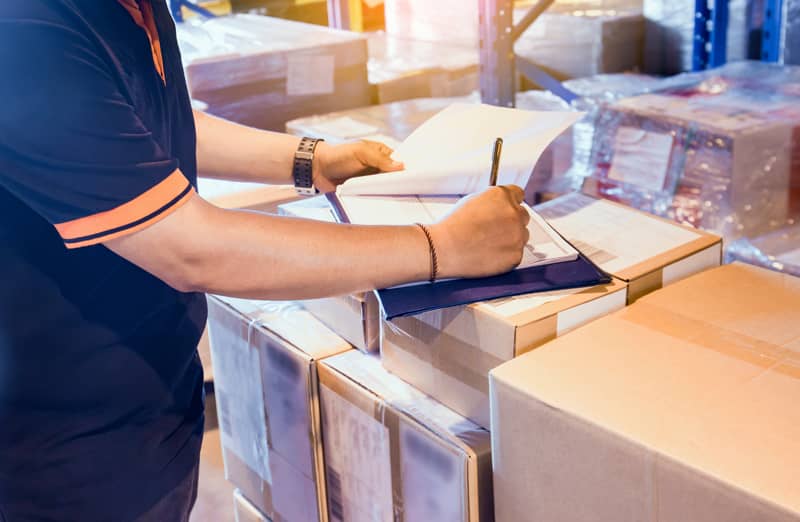
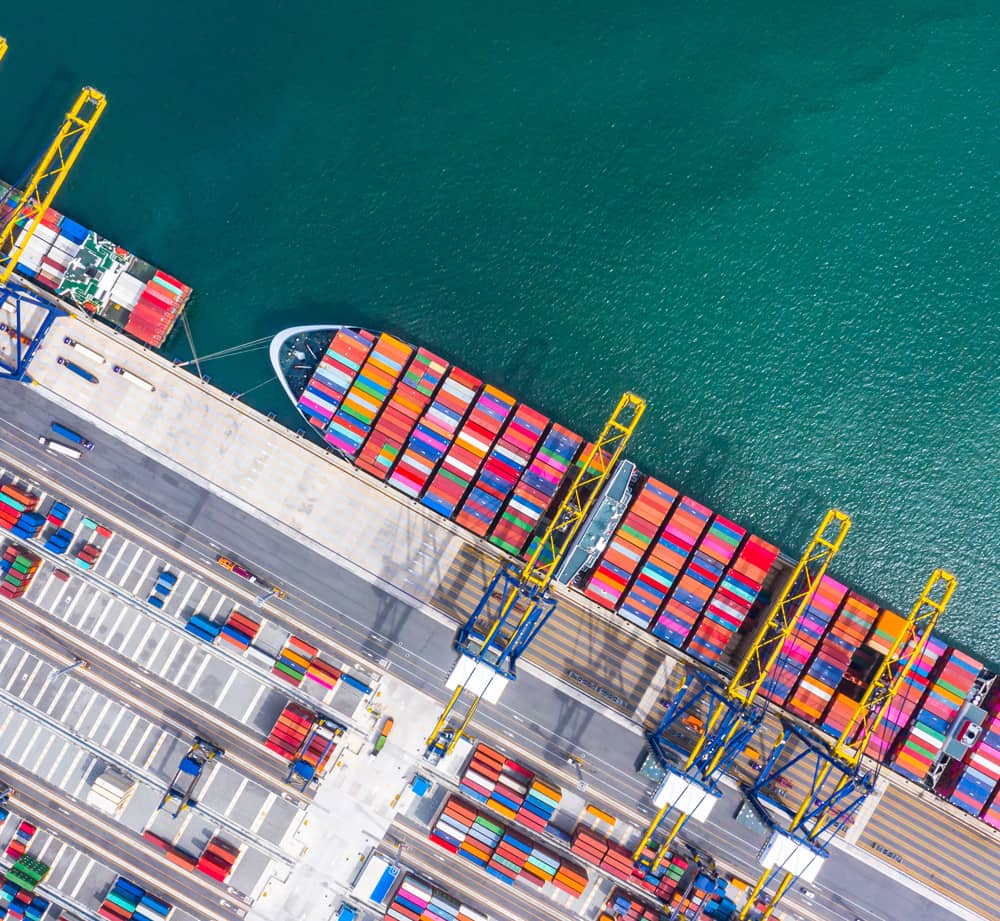
Our expertise also extends to navigating the complex web of global trade regulations, which can vary even between ports within the same country. If you're unfamiliar with the intricacies of the customs clearance process, our licensed customs brokers can provide guidance on the following:
- Prepare Release & Clearance Documents
- File Declarations & Other Important Information
- Pay Duties & Taxes
- Handle Refunds & Adjustments
- Accounting of Goods & Entry of Goods
- Collaborate With Government Agencies for Licenses, Permits & Other Requirements
- Assist With Post-Clearance Audits
- Represent Shipper Client in Dispute Resolutions
- Consult With Importers to meet Various Regulatory Measures
Avoiding Costly Customs Violations & Fees
Competing in today's global marketplace requires extensive knowledge and mastery of international trade practices. Hiring a licensed customs broker is crucial to ensure smooth shipping processes and to avoid costly errors that can lead to production delays and wasted resources.
The collection and submission of information for shipments to gain approval and release at ports of entry is a crucial aspect of the shipping and logistics process. This includes compliance with the Harmonized Tariff Schedule (HTS), which consists of 99 U.S. import categories and is used by the U.S. Customs and Border Protection (CBP). Customs brokers can assist with determining HTS codes, reclassification, and applicable exclusions. Attempting to navigate the HTS and necessary documentation without the help of a customs broker can lead to inadvertent errors and substantial fees and penalties.
Avoid These CBP Violations with CAF Worldwide’s Expert Customs Brokerage Services for Accurate Documentation and HTS Classification
Invalid or missing trademark licenses:
Lack of a license agreement does not necessarily indicate counterfeiting, but without such documentation, authenticity is impossible to validate.
Counterfeit Goods:
Luxury apparel items are some of the most counterfeited products brought into the United States. If other shippers attempt to import trademarked goods from these companies, the CBP will assume they're counterfeit materials.
Contraband & Other Illegal Substances:
The CBP is always on alert for prohibited articles or substances.
Shippers should also be prepared to have the following information for CBP inspection:
- Total Cargo Value
- Shipment Dutiable Status
- Properly Marked & Invoiced Goods
- Shipment Amounts Matching Accompanying Invoices
- Duty Rates & Classifications
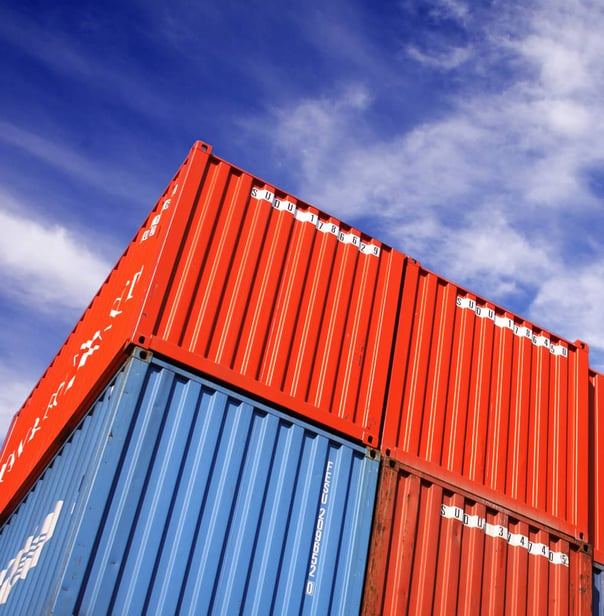
Choosing the Right Freight Forwarder & Customs Broker for Your Shipping Needs
To ensure a smooth customs clearance process, it is crucial to work with a freight forwarder that provides in-house customs brokerage services, especially considering the evolving role of customs brokers in recent years. This is particularly important in the ready-made garments (RMG) sector, where compliance and classification issues can often pose challenges. By working with a freight forwarder that has expertise in RMG and customs brokerage, shippers can ensure an expedited clearance process and avoid potential delays and penalties.
Customs brokers offer more than just clearance services; they can provide consultation-based solutions that include strategy development, product analysis, tariff navigation, and supply chain optimization. With the current economic climate and shifting trade policies, customs brokers can also help navigate alternative sourcing options to China. By working with a freight forwarder that provides in-house customs brokerage services, shippers can gain access to this valuable expertise and ensure their supply chains are optimized for success.
Request a Quote
Insights from the CAF Blog
Explore expert perspectives and helpful guidance in our latest resources

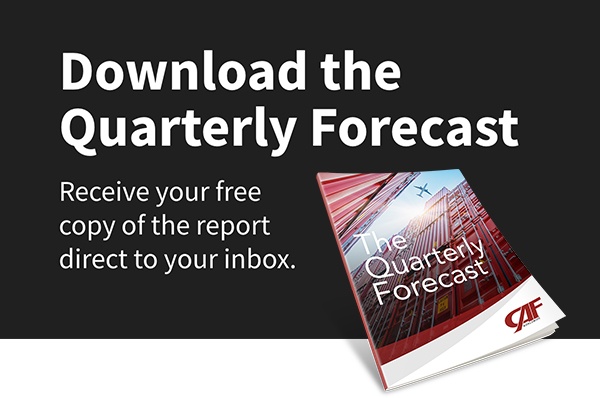

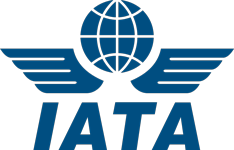





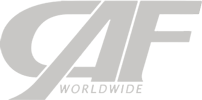 Copyright 2026 CAF Worldwide. All rights reserved.
Copyright 2026 CAF Worldwide. All rights reserved.